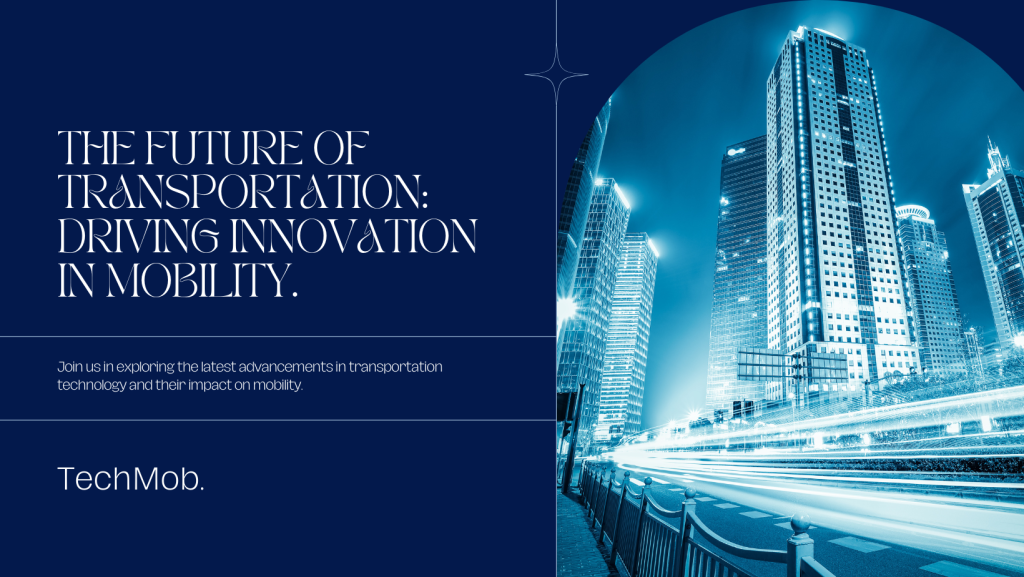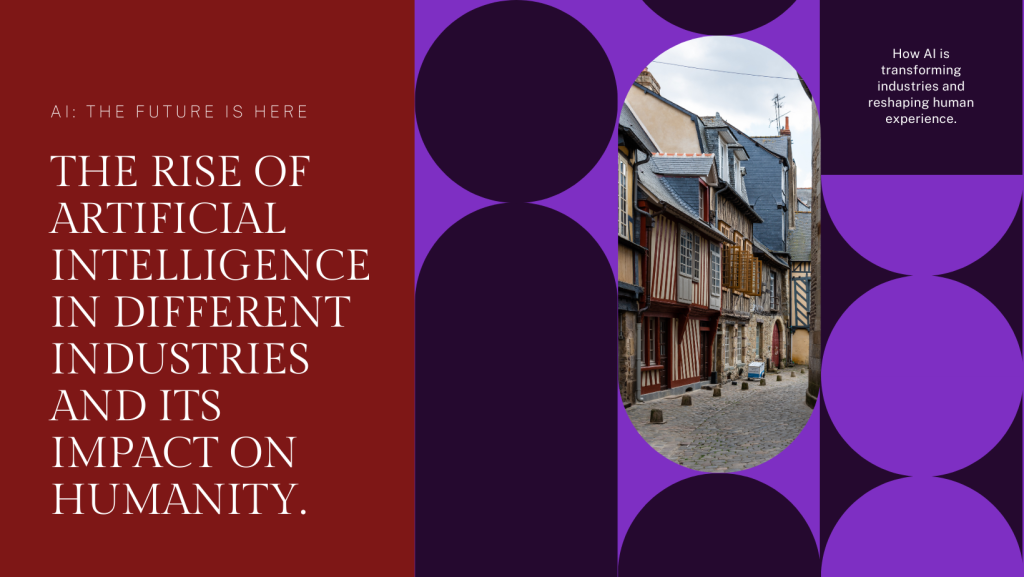As artificial intelligence (AI) becomes increasingly integrated into various aspects of our lives, from healthcare to finance to transportation, navigating the ethical complexities surrounding its use has become paramount. While AI offers immense potential for innovation and progress, it also presents unique challenges and considerations that must be addressed to ensure its responsible and ethical deployment.
One of the primary ethical considerations in AI revolves around transparency and accountability. As AI algorithms make decisions that impact individuals and society, it is essential to understand how these decisions are made and to hold developers and organizations accountable for their outcomes. Transparency in AI systems, including the disclosure of data sources, algorithms used, and decision-making processes, is crucial for building trust and mitigating potential biases or unintended consequences.
Another critical ethical consideration is the issue of bias and fairness in AI algorithms. AI systems learn from historical data, which can reflect and perpetuate societal biases and inequalities. Addressing bias in AI requires careful attention to data collection and algorithm design, as well as ongoing monitoring and evaluation to identify and mitigate biases as they arise.
Additionally, privacy and data protection are significant ethical concerns in the age of AI. As AI systems collect and analyze vast amounts of personal data, there is a risk of infringing on individuals’ privacy rights and exposing sensitive information. It is essential for organizations to prioritize data security and adopt robust privacy practices to safeguard against unauthorized access and misuse of personal data.
Furthermore, there are ethical considerations surrounding the impact of AI on employment and labor markets. While AI has the potential to automate routine tasks and improve efficiency, it also raises concerns about job displacement and economic inequality. It is crucial to consider the ethical implications of AI on employment and to develop strategies to support workers affected by automation.
In conclusion, navigating the ethical considerations in the age of artificial intelligence requires a multidisciplinary approach that addresses transparency, bias, privacy, and socioeconomic impacts. By prioritizing ethical principles and fostering collaboration between stakeholders, we can harness the transformative power of AI while mitigating its potential risks and ensuring a more equitable and inclusive future.










